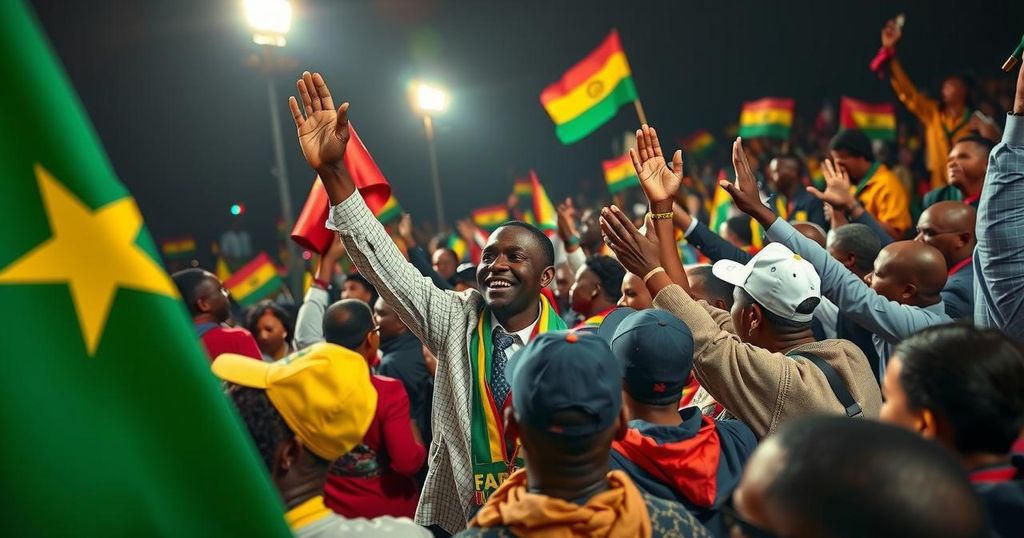Pastef Claims Significant Victory in Senegal’s Legislative Elections

Senegal’s ruling party, Pastef, claims a significant victory in recent legislative elections, allowing President Faye to advance his reform agenda. Opposition leaders conceded as they awaited official results. The elections were largely peaceful, despite some clashes, while allegations of electoral fraud have emerged.
In the recent parliamentary elections held in Senegal, the ruling party, Pastef, has proclaimed a significant electoral victory based on preliminary vote counts. This outcome is anticipated to empower President Bassirou Diomaye Faye to pursue the extensive economic and social reforms that were central to his electoral platform. Notably, opposition leaders, including former Prime Minister Amadou Ba and Dakar’s mayor Barthelemy Dias, acknowledged the results while votes continued to be tabulated. Although official results are pending, the voting process reportedly occurred peacefully, despite minor confrontations between rival party supporters preceding the election. Government spokesman Amadou Moustapha Ndieck Sarre expressed gratitude to the Senegalese electorate for their overwhelming support for Pastef, indicating that the party has yet to disclose the exact number of seats won, though it requires a total of 83 seats to achieve a majority in the 165-seat National Assembly. With the previous parliament dominated by opposition forces, Faye and Prime Minister Ousmane Sonko have faced challenges in advancing their reform agenda. The newly elected government’s ambitious platform seeks to redefine Senegal’s engagement with France, addressing prevalent issues such as high unemployment and public financial instability. However, former President Macky Sall and his party, now operating from abroad, have claimed severe electoral fraud without detailing specific incidents.
This article discusses the recent legislative elections in Senegal, highlighting the claims of victory by the ruling party, Pastef. The elections are significant as they serve as a referendum on President Faye’s promised reforms aimed at economic rejuvenation and social equity. The election context includes preceding tensions between supporting factions and the implications of the results for Senegal’s political landscape, which has been marked by opposition-led governance.
In conclusion, the Senegalese parliamentary elections signal a transformative moment for the ruling party, Pastef, empowering President Faye with a potential mandate to implement significant reforms. While the electoral process was generally peaceful, allegations of electoral fraud cast a shadow over the legitimacy of the results. As the official results are awaited, the long-term impacts of this election on Senegal’s governance and economic stability remain to be seen.
Original Source: www.bbc.co.uk







